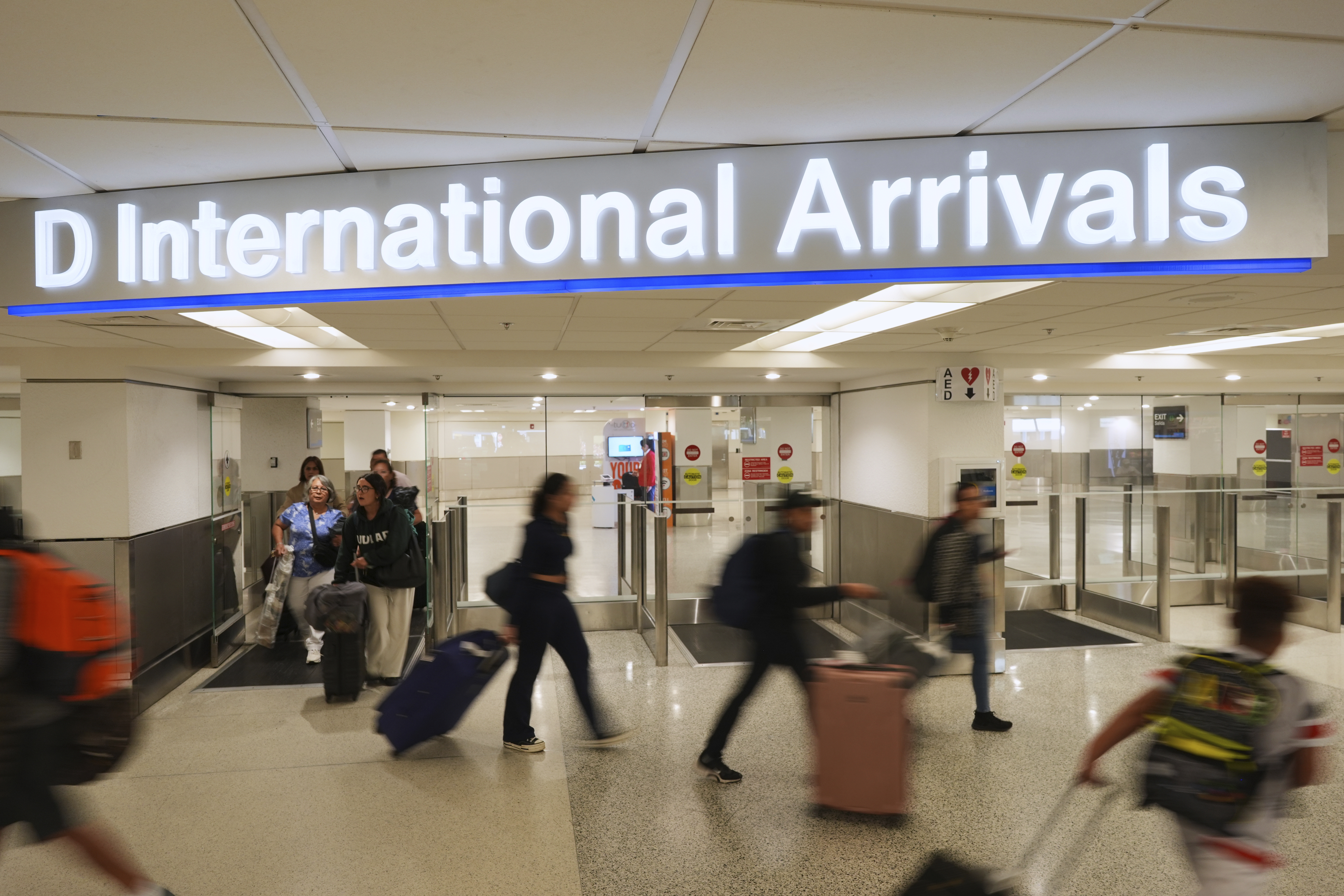On Sunday, Pennsylvania became the 24th state to legalize medical marijuana. Gov. Tom Wolf signed the bill into law after it breezed through the House and Senate last week.
Pennsylvanians will only be able to access the medicine if a doctor determines they suffer from a list of 17 conditions. Those conditions include cancer, post-traumatic stress disorder, intractable seizures and severe chronic pain.
Some lawmakers hope marijuana will become a popular alternative to opioid painkillers to treat chronic pain. Opioid abuse is a big problem in the Keystone State. Pennsylvania had the ninth-highest rate of fatal drug overdoses in the U.S. in 2014.
A study from the Philadelphia Veterans Affairs Medical Center found that "states with medical marijuana laws had a 24.8 percent lower average annual opioid overdose death rate compared to states without such laws."
Former U.S. Marine Mike Whiter helped push for medical marijuana in Pennsylvania. After serving in Iraq, he was diagnosed with PTSD.
To fight that, doctors prescribed dozens of drugs that Whiter says nearly ruined his life. He credited marijuana with helping him recover.
"I was in such a bad place and I'm not there anymore. And I want to help other veterans get to where I am now," he told WPMT.
With Pennsylvania's newest law, medical marijuana is now legal in 24 states and Washington, D.C. But VA doctors still can't officially recommend cannabis to patients since pot is illegal at the federal level.
Patients who do get access to marijuana in Pennsylvania won't be able to smoke it. Instead, they'll have to use a pill, oil, ointment or vaporizer. Lawmakers said it could take up to two years before the state's marijuana system is up and running.
This video includes images from Getty Images and clips from WPXI and WPMT.











